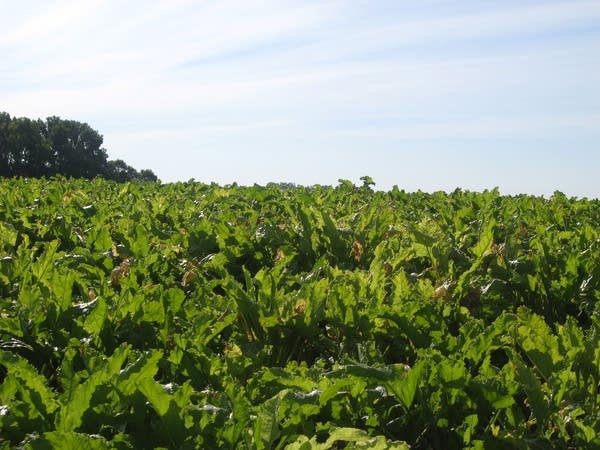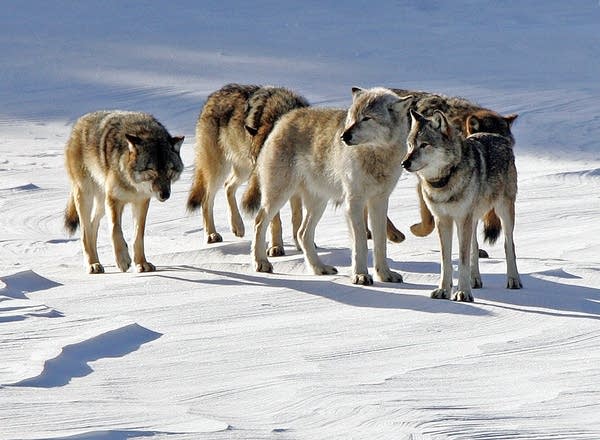MPR News is your source for environment news from Minnesota and across the country.
Getting to Green: Minnesota’s energy future
Getting to Green is an MPR News series that shares stories about Minnesota’s clean energy transition, including what needs to be done to get there.
Submit a question or story for Getting to Green here.
Climate Cast
Listen to Climate Cast, the MPR News podcast all about our changing climate and its impact in Minnesota and worldwide.








